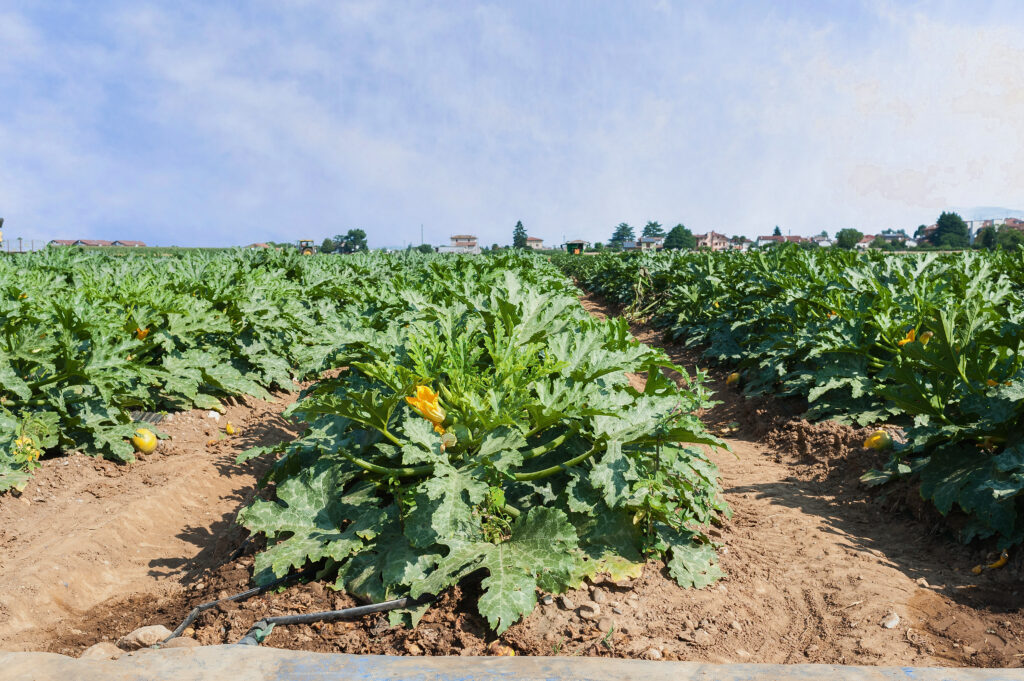Summary of Role of arbuscular mycorrhizal fungi in alleviating the adverse effects of acidity and aluminium toxicity in zucchini squash
Mycorrhizal Fungi Protect Zucchini from Acidity and Aluminium Stress
Introduction
Mycorrhizal Fungi Protect Zucchini by enhancing its growth and resilience under challenging soil conditions. Recent research has explored the role of arbuscular mycorrhizal (AM) inoculation in mitigating the negative effects of soil acidity and aluminium (Al) toxicity in zucchini squash (Cucurbita pepo L.). These beneficial fungi form symbiotic relationships with plant roots, improving nutrient uptake and overall plant health.
Impact of Soil Acidity and Aluminium on Zucchini Growth
Low pH levels and Al toxicity significantly reduce zucchini yield, leaf area, biomass, and photosynthetic efficiency. In the greenhouse experiment, plants were grown in quartziferous sand and supplied with nutrient solutions at pH 6.0, pH 3.5, and pH 3.5 + Al. Noninoculated plants showed notable reductions in SPAD index, leaf N, P, Mg, Fe, and Zn content, indicating stress from acidic conditions and Al accumulation.
Role of Mycorrhizal Fungi in Enhancing Crop Performance
AM inoculation improved root colonization, nutrient absorption, and stress tolerance. Mycorrhizal Fungi Protect Zucchini by maintaining higher SPAD index and reducing electrolyte leakage, which preserves leaf health and photosynthetic capacity. Inoculated plants under acidic and Al-stressed conditions showed higher total and marketable yield, greater biomass, and improved fruit quality compared to noninoculated plants.
Improved Nutrient Uptake and Fruit Quality
Inoculated zucchini displayed higher macronutrient concentrations in leaves, including N, P, K, Ca, Mg, Fe, Zn, and B, while limiting Al accumulation. Mycorrhizal colonization enhanced fruit dry matter, soluble solids content, and mineral concentrations, resulting in better overall fruit quality. These improvements highlight the importance of AM fungi in supporting sustainable zucchini production in stress-prone soils.
Conclusion
The study demonstrates that Mycorrhizal Fungi Protect Zucchini against acidity and aluminium stress by improving plant growth, nutrient status, and fruit quality. Incorporating AM inoculation into zucchini cultivation is a promising strategy for increasing resilience, yield, and nutritional value, particularly in soils with low pH and high aluminium content. Future research could further optimize AM fungi application for large-scale horticultural production.
Publication: Scientia Horticulturae









